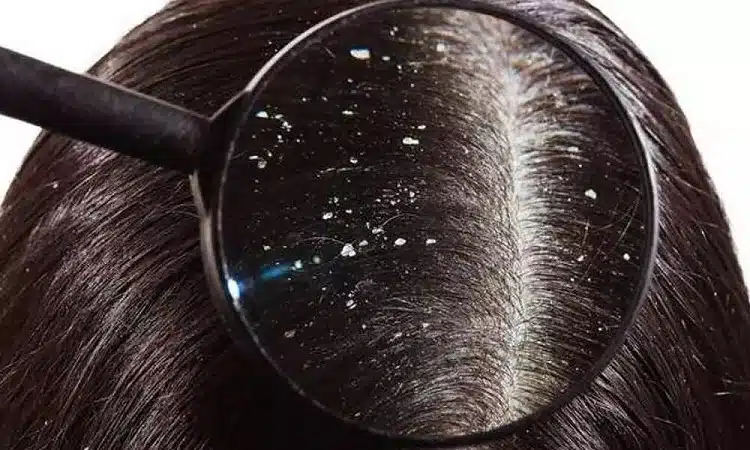Dandruff is a common scalp condition that affects millions of people worldwide. Characterized by the shedding of dead skin cells from the scalp, dandruff can be both an embarrassing and frustrating problem. While it is not a serious medical condition, it can cause significant discomfort and self-consciousness. In this article, we will explore the causes, symptoms, and effective treatments for dandruff, providing valuable insights to help you manage and prevent this pesky issue.
What Causes Dandruff?
Dandruff can result from several factors, including:
- Seborrheic Dermatitis: This is the most common cause of dandruff. It is a condition that causes oily, irritated skin, and is marked by the shedding of white or yellowish flakes. Seborrheic dermatitis affects areas rich in oil glands, including the scalp, eyebrows, sides of the nose, and behind the ears.
- Malassezia: This yeast-like fungus lives on the scalps of most adults. While it usually doesn’t cause problems, it can grow out of control and feed on the oils secreted by hair follicles, leading to increased cell turnover and dandruff.
- Dry Skin: Flakes from dry skin are generally smaller and less oily than those from other causes of dandruff. If you have dry skin on other parts of your body, you may also experience dry skin on your scalp, contributing to dandruff.
- Sensitivity to Hair Care Products: Sometimes, certain hair care products can irritate the scalp and cause a red, itchy, scaly scalp. This condition, known as contact dermatitis, can result in dandruff.
- Poor Hygiene: Infrequent washing can lead to oil and dead skin cell buildup on the scalp, contributing to dandruff.
Symptoms of Dandruff
Dandruff is easy to identify by its characteristic symptoms:
- Flakes: White or yellowish flakes of dead skin on the scalp, hair, and shoulders.
- Itching: The scalp may feel itchy, tight, and irritated.
- Redness and Inflammation: In some cases, the scalp may appear red and inflamed.
- Oily Scalp: The scalp can become oily, especially if seborrheic dermatitis is the underlying cause.
Effective Treatments for Dandruff
Managing dandruff typically involves a combination of good scalp hygiene and the use of specific treatments. Here are some effective approaches:
- Medicated Shampoos: The first line of treatment usually involves over-the-counter medicated shampoos containing active ingredients such as:
- Zinc Pyrithione: Reduces fungus on the scalp that can cause dandruff.
- Selenium Sulfide: Slows down the death of skin cells and reduces the amount of fungus.
- Ketoconazole: An antifungal agent that can reduce fungus growth on the scalp.
- Coal Tar: Slows down the skin cell turnover process.
- Salicylic Acid: Helps to eliminate scales from the scalp.
- Proper Hair Washing: Regularly washing your hair with a gentle shampoo can help remove excess oil and dead skin cells. It’s essential to massage the shampoo into the scalp thoroughly and rinse well.
- Moisturizing: If dry skin is the cause, using a gentle, moisturizing shampoo can help maintain the scalp’s moisture balance.
- Avoiding Irritants: Identify and avoid hair care products that may be causing scalp irritation. Opt for hypoallergenic or sensitive skin formulations.
- Diet and Lifestyle: Maintaining a balanced diet rich in zinc, B vitamins, and healthy fats can support scalp health. Managing stress and getting enough sleep can also reduce dandruff flare-ups.
When to See a Dermatologist
While dandruff is typically manageable with over-the-counter treatments, persistent or severe cases may require professional intervention. If you experience significant scalp discomfort, redness, or hair loss, it’s advisable to consult a dermatologist. They can provide a thorough examination, diagnose any underlying conditions, and recommend stronger prescription treatments if necessary.
Conclusion
Dandruff, though common and often benign, can be a source of discomfort and embarrassment. Understanding its causes and symptoms is the first step toward effective management. By adopting good scalp hygiene practices and utilizing appropriate treatments, you can keep dandruff under control and maintain a healthy scalp. If you’re struggling with persistent dandruff, don’t hesitate to seek professional help. A dermatologist can offer personalized advice and treatment options, helping you achieve a flake-free, healthy scalp.


